News
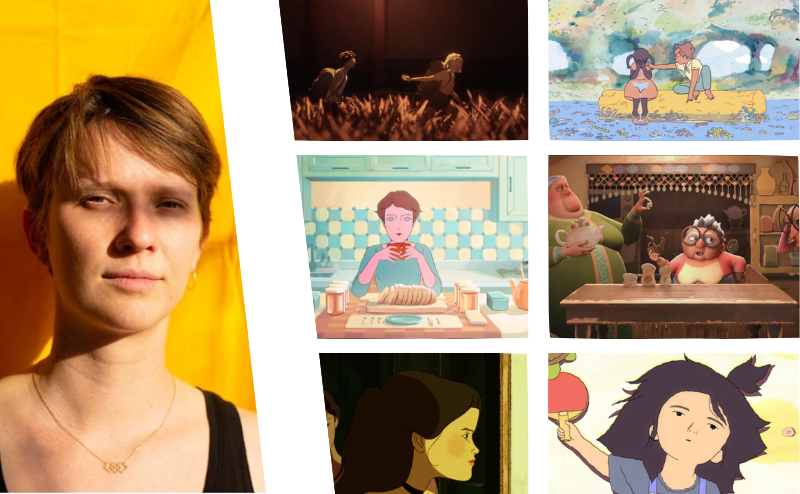 Crédits : Aube, Contretemps, Histoire pour deux trompettes, Louise, The Soloists, Chroniques de l’eau salée – Miyu distribution
Crédits : Aube, Contretemps, Histoire pour deux trompettes, Louise, The Soloists, Chroniques de l’eau salée – Miyu distribution
Luce Grosjean, distributor and co-founder of Miyu distribution
Graduated in 2010 from the Professional Degree in Audiovisual Production Management at GOBELINS Paris, Luce Grosjean started her career at the AFCA and RECA before creating her own distribution company, Sèves Films, which will later become Miyu Productions. Specialized in the distribution of short films, a format she is particularly fond of, she distributes the graduation films of GOBELINS !
You graduated with a Bachelor's degree in Film Production Management in 2010, and in 2016 you founded Sèves films, how did this project take shape ?
I did my work-study at TeamTo, an animation film production studio, but I wasn't sure I wanted to work in animation, this studio experience wasn't necessarily what I had imagined. It was very industrial and what I liked was art house cinema.
I was offered an administrative and coordinating position at the AFCA and the RECA. This experience allowed me to have a more artistic vision of the market. I was working part-time so I started on the side as a freelance student short film distributor.
I started by working for Gobelins and then for ARTFX and gradually I realized that other schools wanted to have access to this service. I started a company and I expanded into production. That's how Sève Films was born.
I produced a first short film with my own funds which was a failure, I had trouble getting my projects into production, the competition was very tough. On the other hand, I quickly felt that there was a need for distribution beyond schools. I realized that I could leave production behind. I was dreaming about it and I thought it was great to help artists develop their work, but I felt much more useful in distribution.
That's when I was contacted by Emmanuel-Alain Raynal, the founder of Miyu Productions. He wanted to open a distribution department and he bought shares in my company with his partner Pierre Baussaron, which became Miyu Distribution.
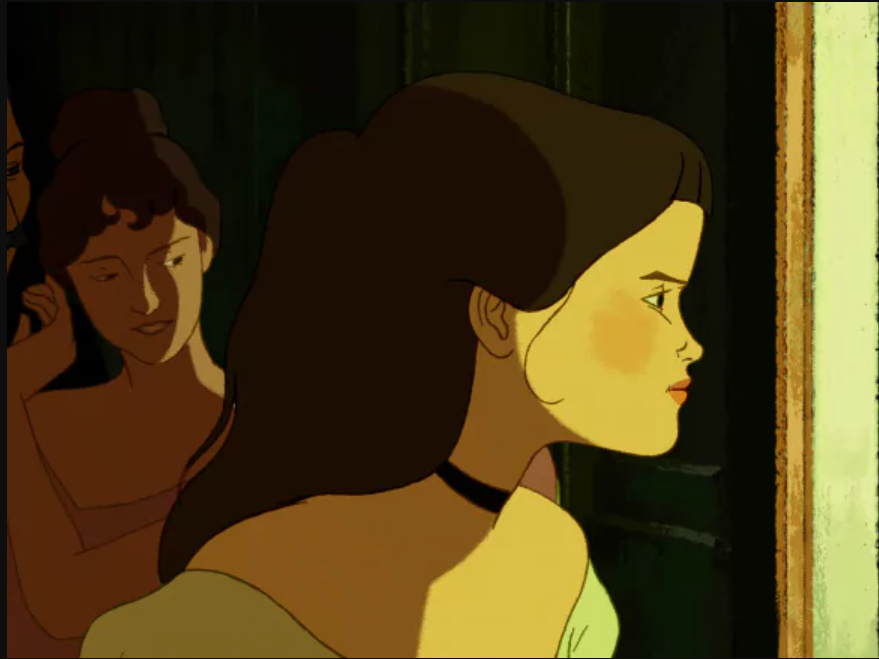
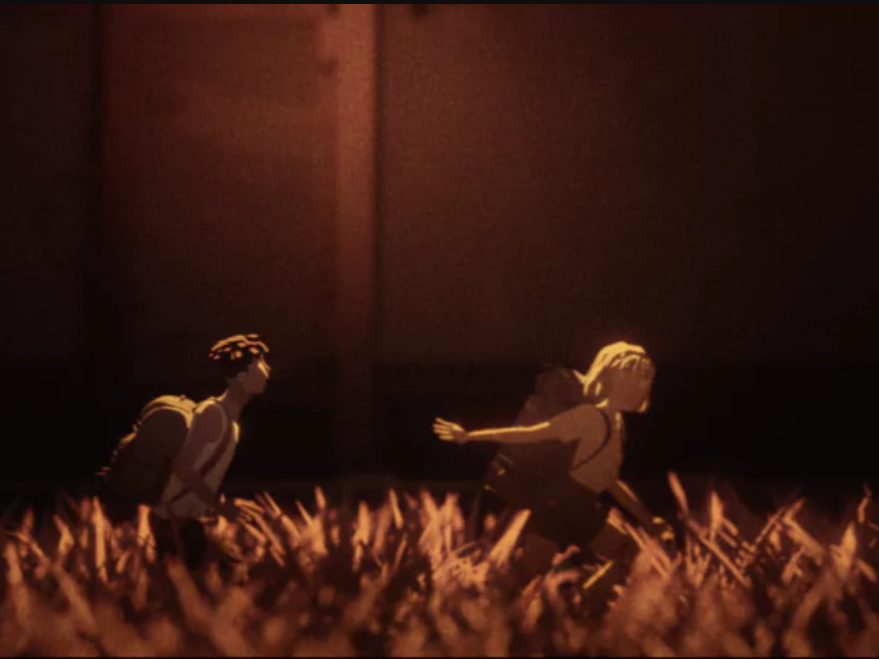
Louise by Constance Bertoux, Camille Bozec, Pauline Guitton, Pauline Mauviere et Mila Monaghan
Aube by Vincent Gibaud
Your job as a distributor in a few words ?
It's a bit of a special job because it's affiliated with the animated short film industry. Our role is close to an agent's one, we put forward and value the artist's work. This is the heart of our service: to send films to festivals and give them the best exposure possible.
We use several tools: the festivals' reputation, the prizes received, broadcast on a TV channel or a platform and selling films for screening in prestigious venues. We have a distribution system and a sales system, which is more business-oriented.
You started by only distributing short films and you moved on to feature films in 2021 with Archipel
I feel strongly committed to short films, which is the format where creativity in animation is the greatest for me. Artists are less constrained by markets and time, which allows them to take many more risks. We would like to stick to short films to keep this freedom.
However, some directors manage to keep this creativity and this requirement on a long format. This is the case of Félix Dufour-Laperrière, for example, the first director we distributed for a feature film. He worked on a budget for a feature documentary of 1 hour and 15 minutes. He designed his entire creation so that it would cost him as little as possible while maintaining a very high level of quality.
In terms of sales and industry, we are quite far from the classic animation film market, but this allows us to look at other venues, other ways of working and distributing the works we like. We do a lot of work to support films in theaters to make sure that the public understands them.
This is what we did for Koji Yamamura's Dozens of Norths. He started with the illustrations that had been made at the time of Fukushima and his objective was to make a film on his own, like Sébastien Laudenbach with La Jeune fille sans mains. It is a very powerful, musical work, almost a dark version of Fantasia, a dive into a post-apocalyptic nuclear environment. It's not a film that viewers will go to naturally. Typically, it's a festival film and that's what we're interested in, that's where we can bring our expertise.
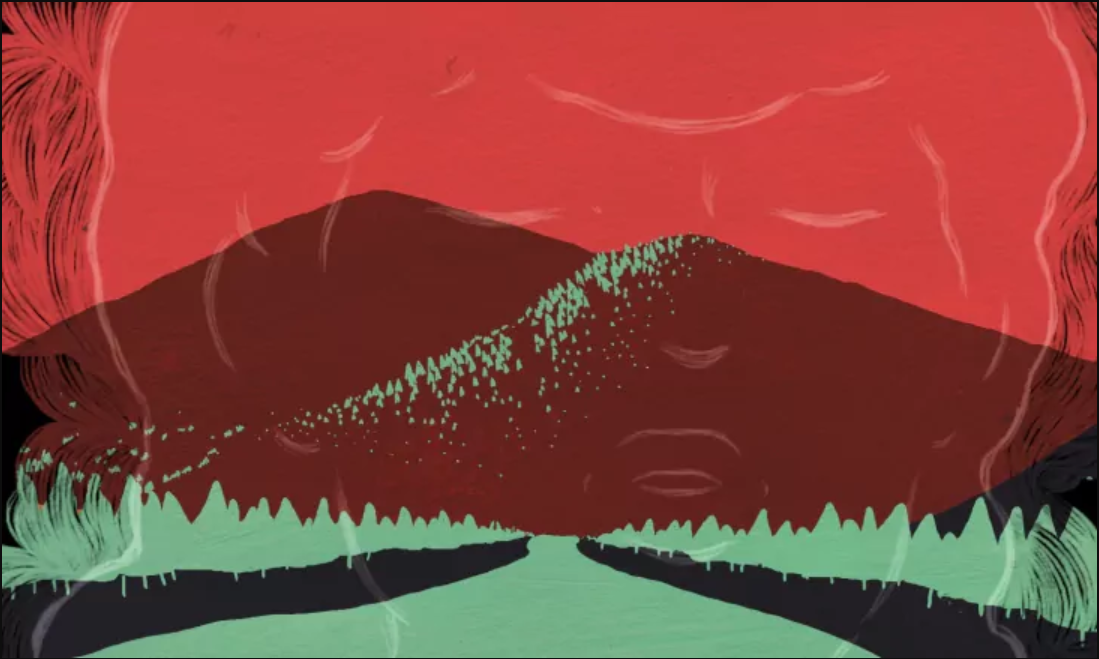
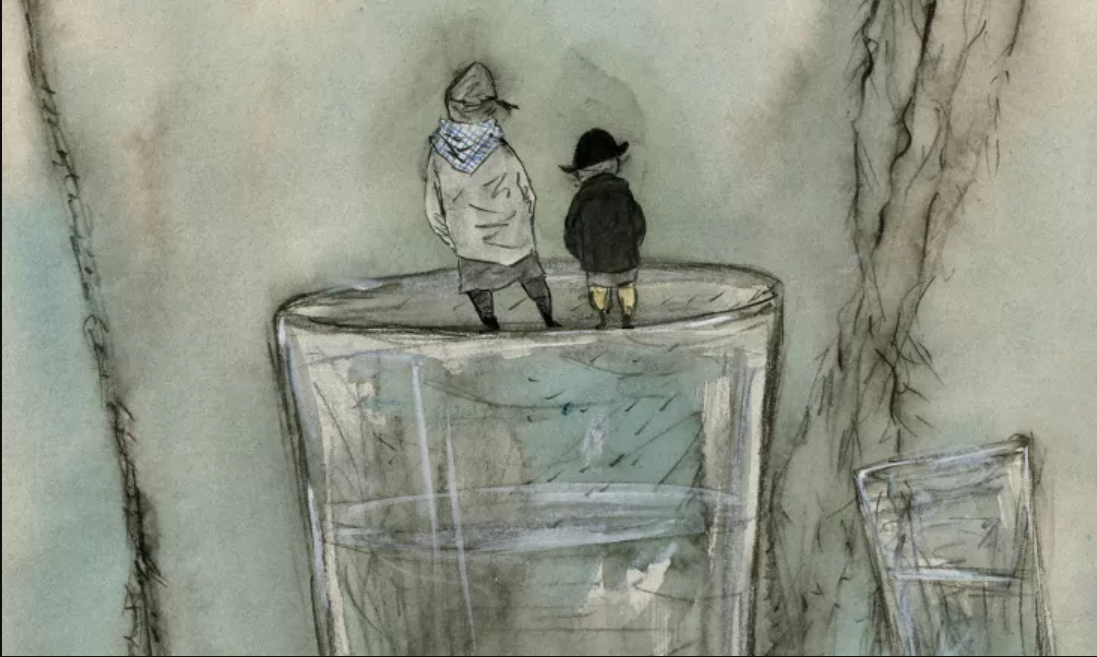
Archipel by Félix Dufour-Laperrière
Dozen Of Norths by Koji Yamamura
How is the short film industry currently doing ?
Besides stop motion, our teams never stopped shooting during the helath crisis. There was a lot of questioning about the release of films when they couldn't be released in festivals and theaters, but that didn't stop them from being seen. These last two years have been rather beneficial.
This break was an opportunity to review our practices from an ecological and ethical point of view. How can we shoot and travel more responsibly? For example, for my trips in Europe I try not to take the plane anymore. I bought a bigger car to go on tours like in the music business.
We took the time to create a structure, with Clémence Bragard, a former LGPA student, so that animation festivals become safe spaces that limit sexist, racist and homophobic violence as much as possible.
You are strongly attached to the school, what does GOBELINS mean to you ?
GOBELINS is a place that feeds my passion, I am very attached to the school. I loved how professional the training was, I liked the fact that the courses were taught by professionals directly involved in the industry in which we would evolve. And above all, GOBELINS is the first school that trusted me to send films to festivals, which allowed me to grow.
There is a whole network of LGPA alumni that has grown thanks to the school and Animation Without Borders and that allows me to follow the changing environment from year to year. When I arrive in the school I feel at home. It was a great year and it's a place I've come back to regularly and I feel like I'm not the only one.
What advice would you give to young graduates ?
When I first came to school I had a lot of ambition and I burned myself out at work. The belief that "you have to work hard to succeed in the film industry" was something that made me extremely unhappy. In reality there is room for everyone and especially in animation. I think we should all be aware of our value, never underestimate ourselves, never lose ourselves in our work.
Interview by Sophie Jean
 5
5








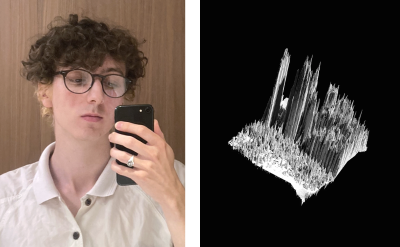
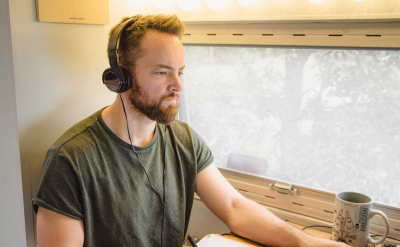
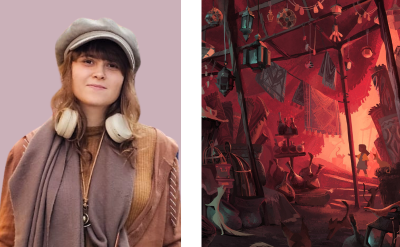

No comment
Log in to post comment. Log in.